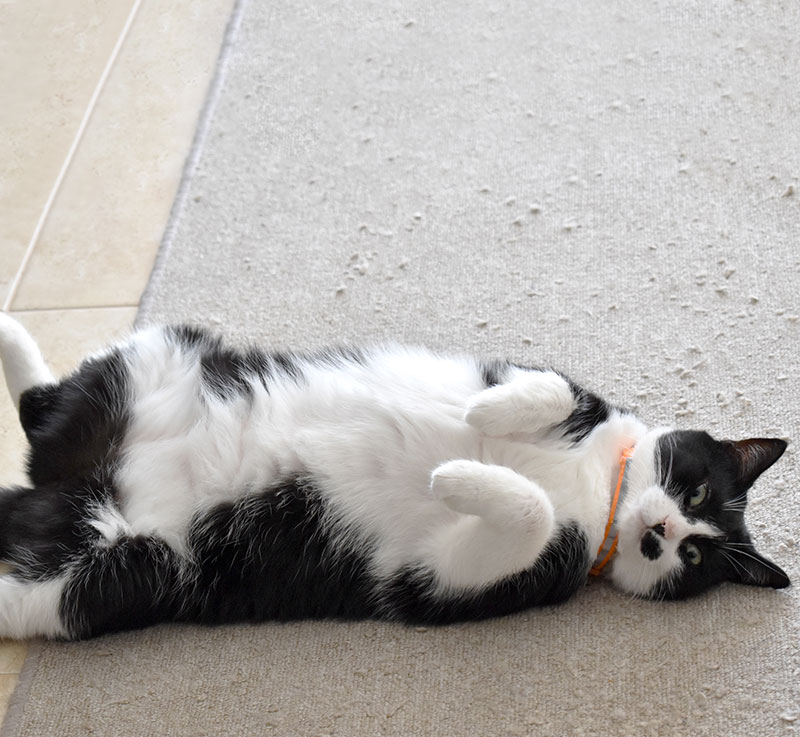Decoding Feline Behavior: A Guide to Common Issues and Solutions

Understanding and Addressing Common Behavior Challenges in Cats

1. Scratching Furniture: One of the most common complaints among cat owners is the destruction of furniture due to scratching. This behavior is natural for cats, as it helps them sharpen their claws and mark their territory.
• To combat this issue, provide your cat with appropriate scratching posts or pads. Place them strategically around the house, especially near the areas where your cat likes to scratch. Encourage your cat to use these alternatives by sprinkling them with catnip or using toys to attract their attention.
2. Inappropriate Elimination: Accidents outside the litter box can be frustrating for cat owners. There are several reasons why a cat may refuse to use the litter box, including stress, medical issues, or dissatisfaction with the box itself.
• Ensure that the litter box is clean and placed in a quiet, easily accessible location. If your cat continues to have accidents, consult with your veterinarian to rule out any underlying health problems.
3. Aggression: Aggressive behavior in cats can manifest in various forms, including biting, scratching, and hissing. This behavior may be triggered by fear, territorial disputes, or discomfort.
• To address aggression, it’s essential to identify the root cause and address it accordingly. Provide your cat with a safe space where they can retreat when feeling stressed or threatened. Avoid punishing aggressive behavior, as it can exacerbate the problem. Instead, use positive reinforcement techniques to encourage calm and non-aggressive behavior.
4. Excessive Vocalization: Some cats are more vocal than others, but excessive meowing or yowling can be disruptive, especially at night.
• Examine your cat’s environment to identify any potential stressors or triggers. Ensure that your cat’s basic needs, such as food, water, and litter, are met. Engage in regular play sessions to provide mental and physical stimulation, which can help reduce excessive vocalization.
5. Destructive Behavior: Whether it’s chewing on cords, knocking over objects, or digging in plants, cats can engage in destructive behavior that tests their owner’s patience.
• Provide your cat with plenty of toys and interactive playtime to channel their energy into more appropriate activities. Use deterrents such as bitter-tasting sprays to discourage destructive behavior in certain areas of the house.
Prioritizing Feline Wellness: A Path to Harmonious Living
While addressing behavior issues is essential for a harmonious relationship with your feline friend, it’s equally important to prioritize their health and well-being. Regular veterinary check-ups are crucial for maintaining your cat’s health and preventing potential behavior problems. At Compassion Animal Hospital in Woodland Park, CO, our team of compassionate veterinarians is dedicated to providing comprehensive care for your furry companions. From routine vaccinations to behavioral consultations, we’re here to support you in every aspect of your cat’s health journey.







